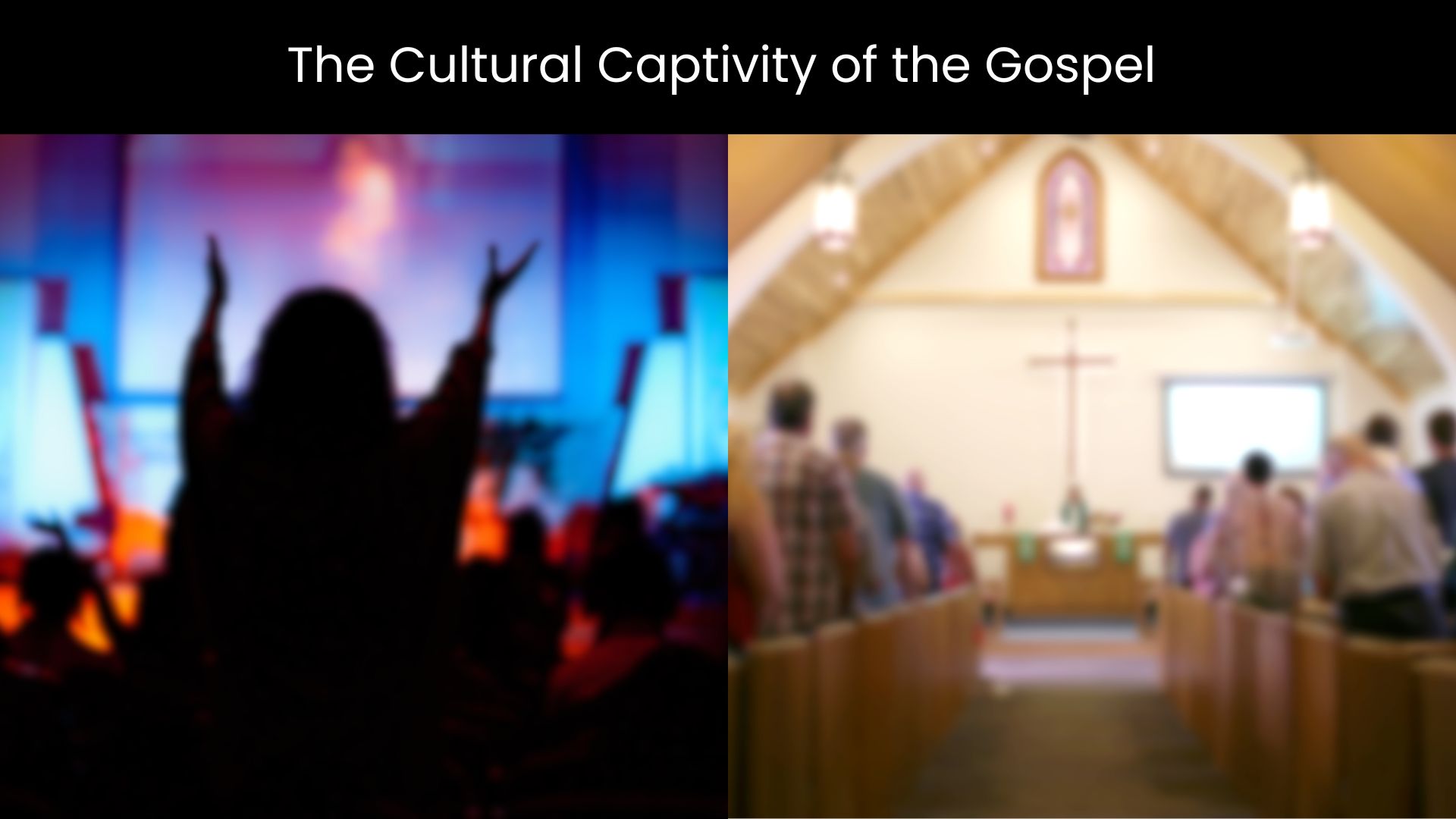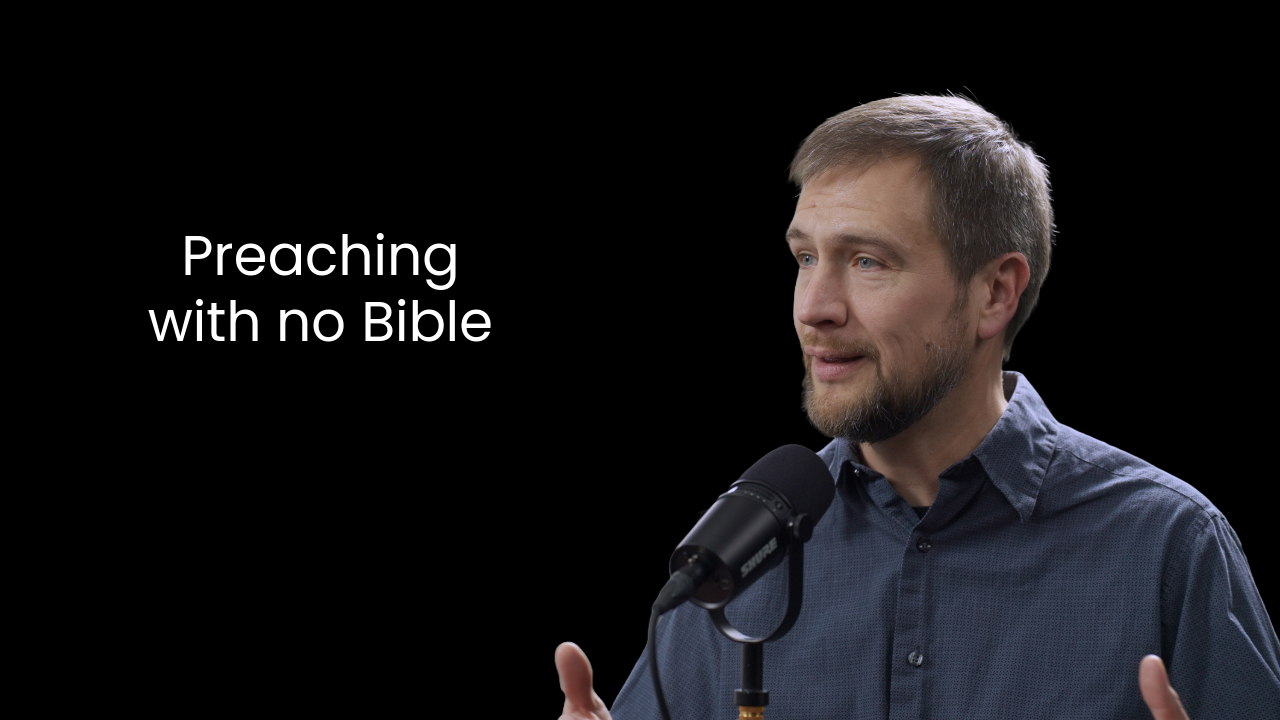Local Church Evangelism
The following is taken from an interview with Elijah Yoder conducted by Reagan Schrock.
Before we can talk about evangelism, we have to understand the biblical role of the church. The first time I taught the course on local church evangelism, I took the word “church” and traced it through the New Testament, expecting to find “church” used in relation to evangelism. What I actually found was that the word “church” is very seldom, if ever, used in direct reference to evangelism. Scripture doesn’t say that the church went out and evangelized. It was always individuals who were doing evangelism. The role of the church is discipleship and to be a place for the people to gather together and find fellowship. Then, as the church gathers, fellowships, and disciples together, the individual members go out and do evangelism. The key is not the programs that the church is using. The key is the people in the church. In my Local Church Evangelism class, I’ll often ask my students about people from their local community that their churches have brought in. Almost always the story is that an individual from the church reached out and discipled that person. We’re not bringing people into fellowship through summer bible schools, kids clubs, and passing out tracts. Some of those relationships may come through vacation bible schools and kids clubs, but invariably it’s because someone in the church reached out and developed a relationship with that person. The key to evangelism in the local church is not what the church as a whole is doing. Evangelism is not a sudden foray out into the world at an appointed time in which you accomplish the task of evangelism and then retreat back into normal life. Evangelism needs to be a lifestyle of caring for others and sharing with your neighbors on a daily basis. It takes commitment. Often we are too busy to engage with others or assume that it is someone else’s responsibility such as the minister or the church, but evangelism is the responsibility of each of us. Passing out tracts in the neighborhood can be effective, but follow-up through building relationships must follow. In kids club ministries, children often move on as they enter the teen years. The biblical foundation laid in clubs may draw them back to Christ, but usually these teens need a dedicated individual to disciple them in a long term relationship. Sometimes sharing Christ on an everyday basis is difficult. Most of us have close relationships with non-believers, but too often we don’t share the Gospel with them. Neighbors, co-workers, or relatives are prime relationships for us to pursue and people with whom we can share Christ. The highest percentage of people from non-Mennonite backgrounds who are joining Mennonite churches are coming from these types of relationships. Discipleship and living for Christ on a daily basis right where you are is the key. Our lives get busy so we ease our conscience by hosting a vacation bible school or tent meetings. Again, those methods aren’t wrong, but it’s not about the methods; it’s about the believer’s heart of love for the community. If a heart of love is missing, you can do all the activities you want and it won’t change anything. I often have students at SMBI who become excited about evangelism, but upon returning home, realize that many believers are inactive in pursuing evangelism. My question is: “What about you? What are you doing?” I encourage those who want to start evangelizing to not do it alone; take someone else with you. There are a lot of people in our churches who want to do better in evangelism and outreach. Involve others; which often leads to more people getting involved. The responsibility of evangelism is not on the pastor or the Sunday school superintendent, it belongs to each one of us. Bringing people into the fellowship of our churches will depend on you and I and our relationships with those around us. That is how real evangelism will happen.







Leave a Reply